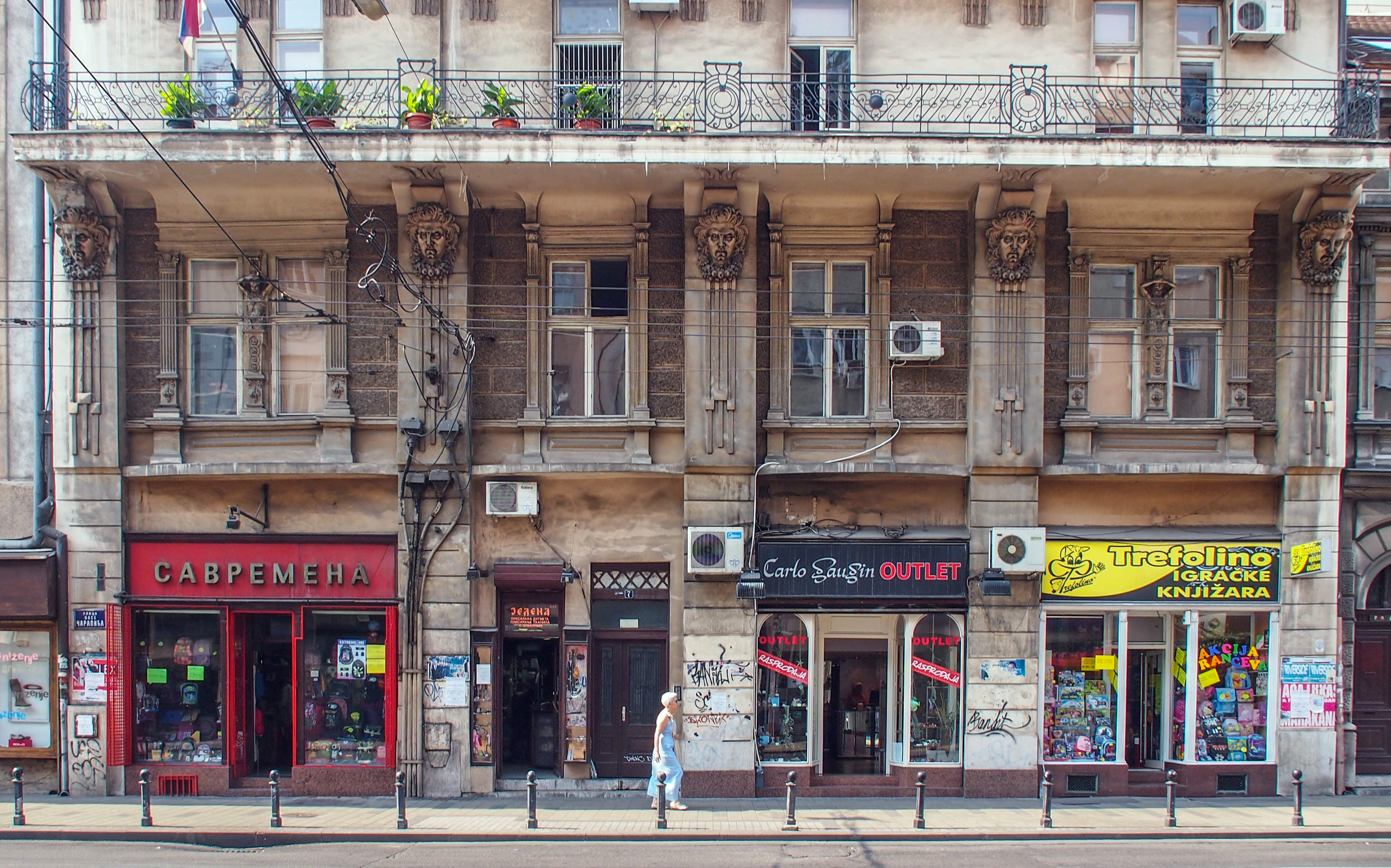Core area “Sustainable economic development, training and employment” Support for growth and employment
Shopping street in Belgrade
Private sector and financial sector development
Micro, small and medium enterprises (MSMEs) play a key role in job creation. Germany therefore provides special support to Serbian MSMEs in areas such as information and communication technology, metalworking, mechanical engineering, tourism and sustainable farming. They are given access to advisory services and training and receive assistance with a view to introducing modern information technologies. The goal of these activities is to foster growth and employment.
Selected MSMEs receive expert advice and direct financial support as they develop and realise business models and practices which are able to tap into the potential for green change. This enables them to create innovative products and services for the global market. The programme places a special focus on women-led enterprises, especially micro enterprises in the agricultural and tourism sectors.
This is intended to create better economic and social opportunities for young people in rural regions in order to reduce their migration to big cities and foreign countries.
Technical and vocational education and training
Even though economic development has been relatively stable (the growth rate in 2023 was 3.8 per cent), people who enter the labour market for the first time are finding it very hard to find a permanent job in an occupation for which they have been trained. At the same time, there is a lack of skilled labour in Serbia's labour market.
In the area of vocational training, a law on “dual” (industry-based and school-based) vocational education was therefore drafted with support from Germany. Currently, a number of vocational schools offer dual training in occupations with great employment potential (including welder/metalworker, electrician, industrial mechanic, apparel tailor and car mechanic). Another goal of Germany's activities is to enable Serbia to become a leader on green jobs.
Through a regional Financial Cooperation programme covering all countries of the Western Balkans, the Regional Challenge Fund, support is being provided in the form of grants for jointly developed training courses and projects offered by enterprises and education institutions. Calls for project proposals are published in cooperationwith the Western Balkans 6 Chamber Investment Forum (External link), an association of national chambers of commerce.
As at: 18/08/2025
